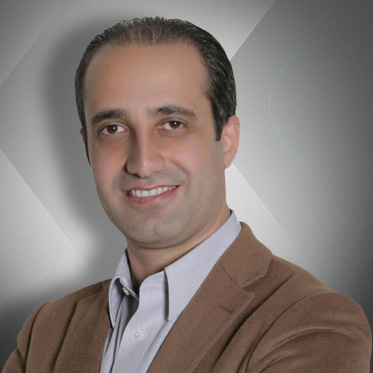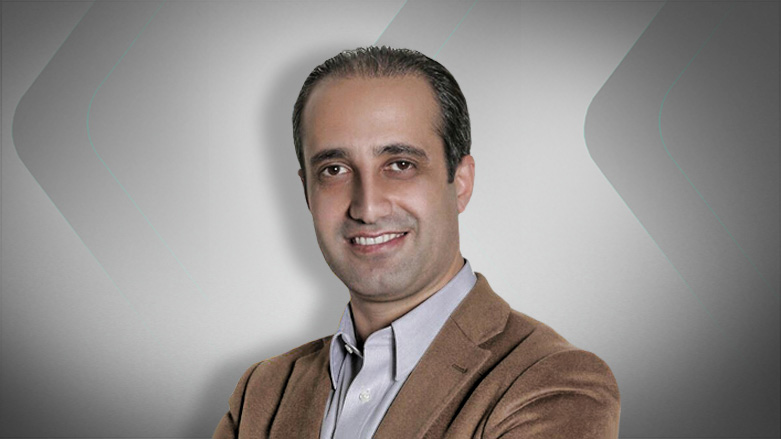
Honar Issa
Author
Economic Reform in Kurdistan
The Middle East Research Institute (MERI) held its third forum on April 27-28. The event became a stage for top caliber people and seniors members of the government to brainstorm how to reform the economic infrastructure of Kurdistan.

The Middle East Research Institute (MERI) held its third forum on April 27-28. The event became a stage for top caliber people and senior members of the government to brainstorm how to reform the economic infrastructure of Kurdistan. Various topics were chosen for debates and individuals attended from all over the world—including representatives from neighboring Turkey and Iran.
The discussion focused on two main pillars; economic reform and battling corruption as part of economic reform.
What manifested through discussions was that there is a fragile economic infrastructure in Kurdistan that demands a radical reform. Kurdistan is categorized among countries that possess a single commodity economy: 90% of the revenue is generated from the oil and gas sector. Many of the keynote speakers were optimistic in reference to Kurdistan’s Vision 2020 strategic plan.
The strategic plan drawn by the Ministry of Planning of the Kurdistan Regional Government (KRG) seems to be a comprehensive plan for reform and it is congruent with the climate in Kurdistan. The focus is to incentivize the private sector to engage in improving the economy, and most importantly, to work for the well-being of the people.
The plan also promotes the private sector to take lead in creating jobs and contributing to economic growth. However, with the infrastructure that we see today, it is close to impossible to implement it by 2020. So what should be done?
Before any action is taken, the government should decisively specify what type of economic system should be adapted: capitalism or socialism. Then, it should begin working on creating a diversified economy consisting of industry, agriculture and services, rather than a single commodity economy. Moreover, creating transparency in how the country operates is the most important factor in implementing reform. None of these steps are possible without setting up clear policies.
The strength of the Vision 2020 plan is not to rely on oil and gas but to use oil and gas to support the growth of the private sector. This vision will be essential in creating a diversified economy
One of the key elements of economic growth is to have a comprehensive taxation system. The taxation system in Kurdistan is outdated and relies on legislation ratified in 1958. There is almost zero internal revenue and there is no value added tax on goods.
Investment laws currently exempt companies from tax for a period of one decade as an incentive for international investors. Employees do not pay taxes to the government whatsoever and only a meager dinar amount is contributed towards pension and social benefits. However, it would not make sense to reform the tax regime without having a diversified economy and implementing e-governance strategy in order to secure the collection of taxes. The main issue is that Kurdistan is technically part of a failed taxation system in Iraq and cannot unilaterally design one.
One of the main hurdles that the government may face in implementing the Vision 2020 plan is the employment burden. It will cost an exorbitant amount of resources to tackle the employment issue and this can only be solved in conjunction with the private sector; most of the government’s employees should be transferred to the private sector over a certain period of time.
Corruption is a deadly virus in economic growth. The experience that Iran has had in battling corruption in the governmental entities after the Islamic Revolution could be adapted in Kurdistan. After thirty years of study, Iranians believe that the strategy should be to impede corruption rather than allowing it to happen and they also punished the corrupt individuals. To this, they have forced the e-governance strategy, by investing in technology heavily, which has worked well and has tackled corruption that emerged from bureaucracies in the governmental entities. This also lessens the interaction between people and government employees and boosts transparency.
Roads for the aforementioned strategies cannot be paved without standardizing the banking system in Kurdistan. Confidence between people and the banks must be built. As a first gesture, KRG should guarantee that it will restore people’s money in the events where banks fail. Moreover, banks should be heavily involved in investment projects and should have contractual agreements to ensure money lent is repaid.
It is clear that Kurdistan’s revenue has been spent on the prosperity of the people but not on the prosperity of the economy. As our leaders have realized, the focus should be on developing a diversified and sustainable economy that will help the region be prosperous. One issue will remain though; a self-sufficient economy in Kurdistan will be a threat to neighboring countries as it will impact their exports to Kurdistan. Nonetheless, a mutually beneficial arrangement can be negotiated with neighboring countries that also allows Kurdistan to prosper.
The views expressed in this article are those of the author and do not necessarily reflect the position of Kurdistan24.
Editing by Delovan Barwari